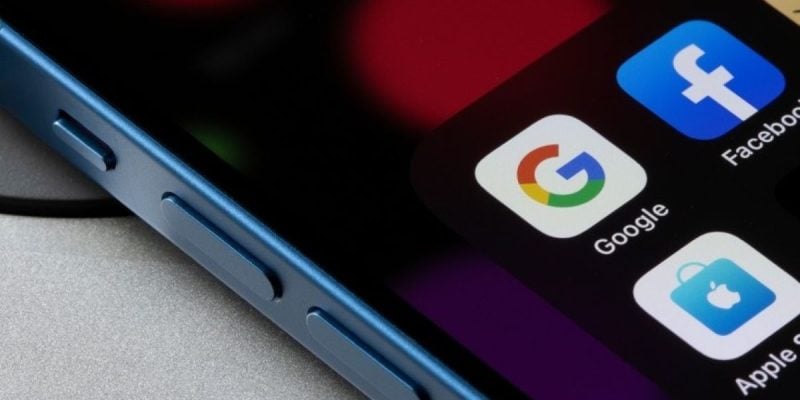The lawsuit against Apple, Meta, and Google, accusing them of profiting from illegal gambling-style apps, will continue.
US District Judge Edward Davila ruled that the three tech giants cannot use the Communications Decency Act to shield themselves from the law.
Dozens of plaintiffs say they suffered addiction and financial harm after using the social casino apps, which the three tech giants promoted on their platforms.
The plaintiffs can now move ahead with the lawsuit.
Failed argument
The three tech companies cited Section 230 of the Communications Decency Act in their bid to get the lawsuit tossed. According to the statute, platforms are not legally liable for the actions of third-party content, such as social gambling apps.
However, Davila noted that the companies facilitated payments to the apps and directly profited from their activities. Because of that, the judge rejected the tech companies’ argument.
“The crux of plaintiffs’ theory is that defendants improperly processed payments for social casino apps. It is beside the point whether that activity turns defendants into bookies or brokers.”
This ruling and interpretation leave the tech companies liable for consumer protection claims. However, it’s still worth noting that Davila did toss a few racketeering allegations and state law violations.
Huge profits & potential fines
Google, Apple, and Meta allow and even promote gambling-style social casino apps on Google Play, App Store, and Facebook, respectively. Moreover, they process payments to the apps and pocket 30% commissions that could be worth over $2 billion.
To this end, the lawsuit accused the tech companies of acting like bookies.
Davila didn’t go as far as labeling the three tech giants as bookies, but he did acknowledged the credibility of the consumer protection and financial processing arguments.
While the plaintiffs will surely be seeking damages, the lawsuit doesn’t specify how much. It could be triple the $2 billion profit amount based on federal law. The lawsuit also seeks injunctive relief to halt further distribution of the apps.
Appeal possible
The ruling is a major setback for the three companies. Notably, it comes at a time when authorities in other jurisdictions are also cracking down on the booming social casino market, which operate in a “gray area” of the law in most states.
This case could have sweeping implications for the market.
Meta, Apple, and Google can appeal Davila’s ruling to the Ninth US Circuit Court of Appeals. Notably, the Ninth Circuit has jurisdiction of Silicon Valley and often sides with tech firms in high-profile cases such as this one. As such, the coming phase of litigation will be especially critical.









